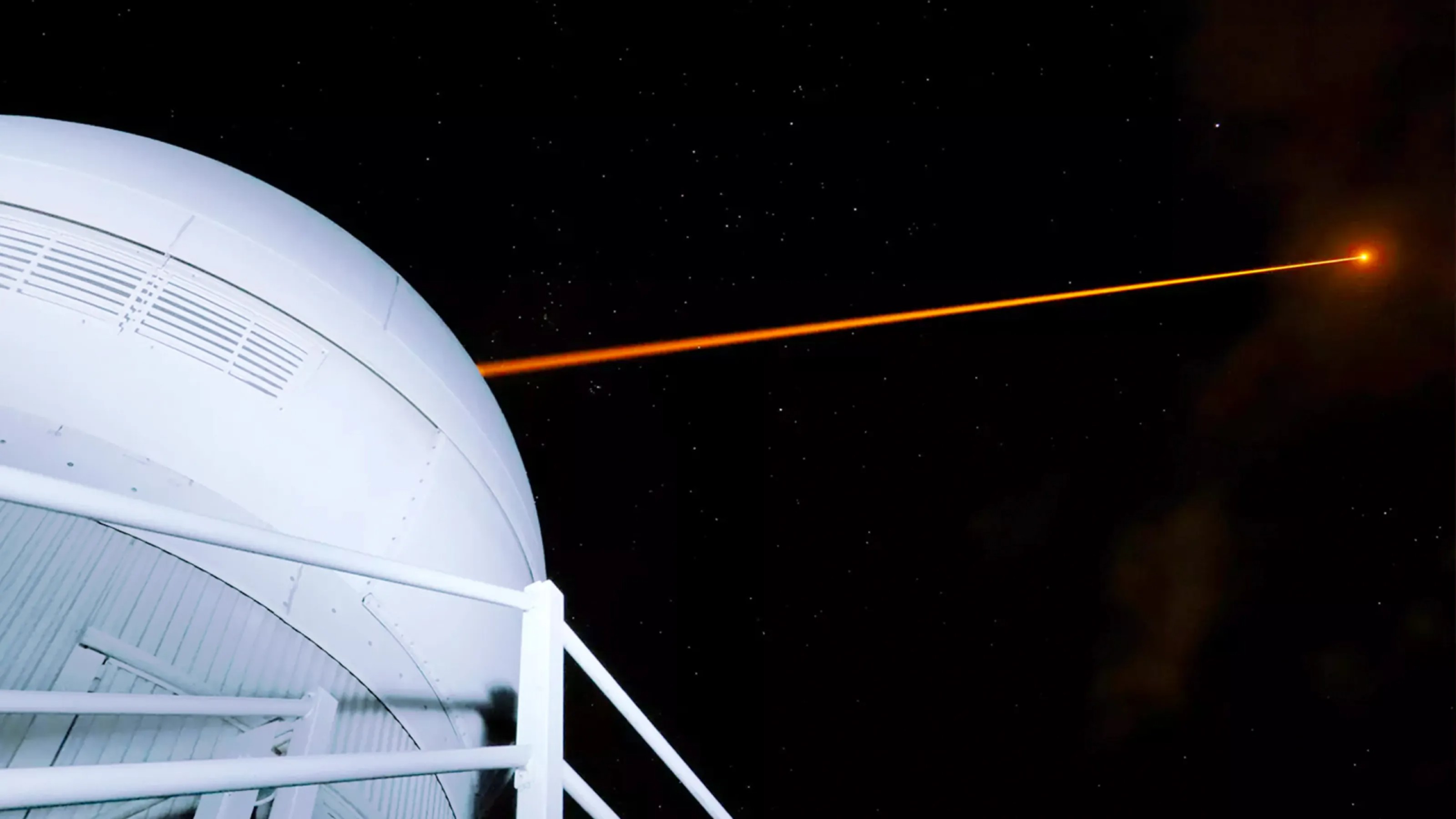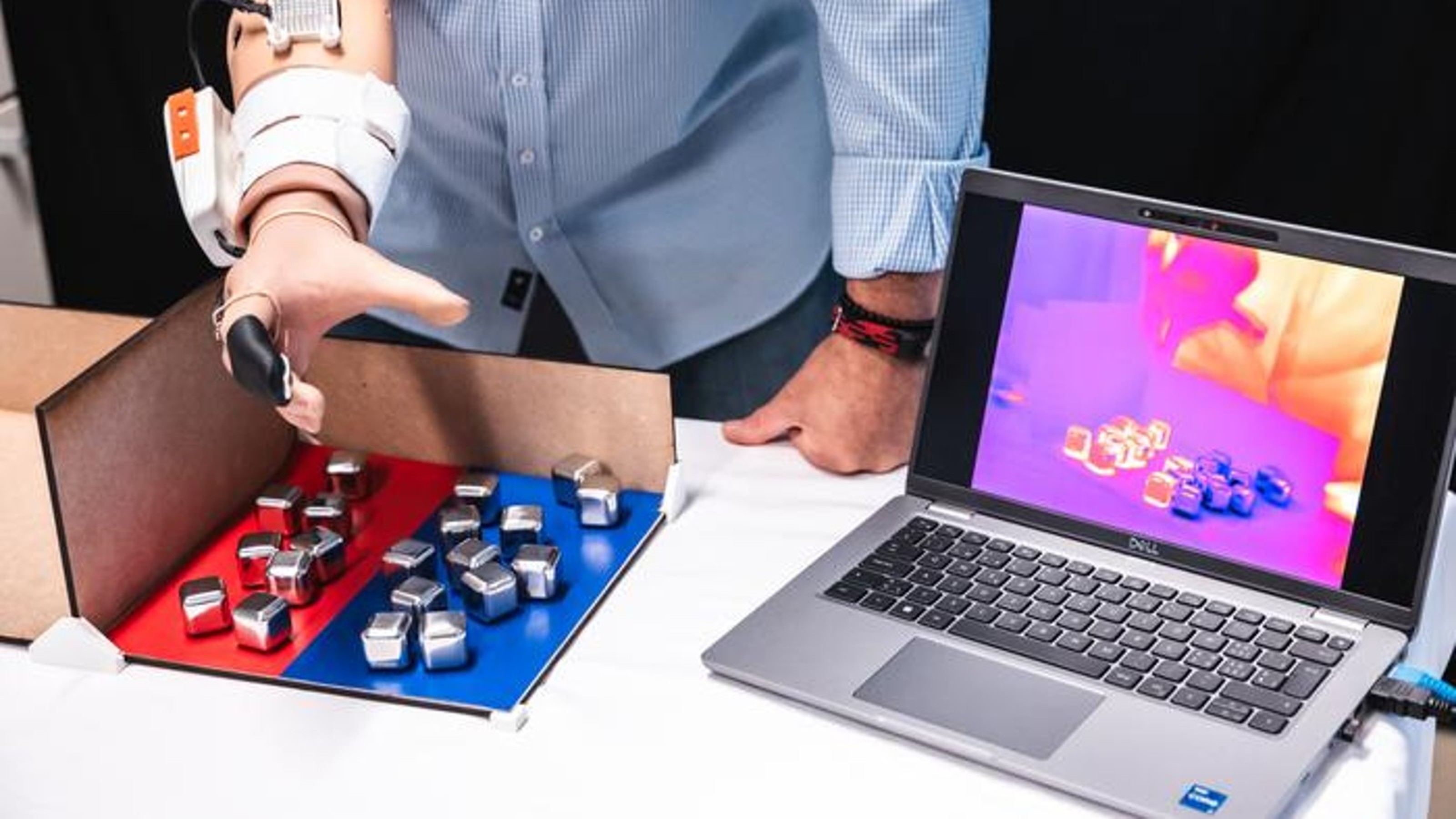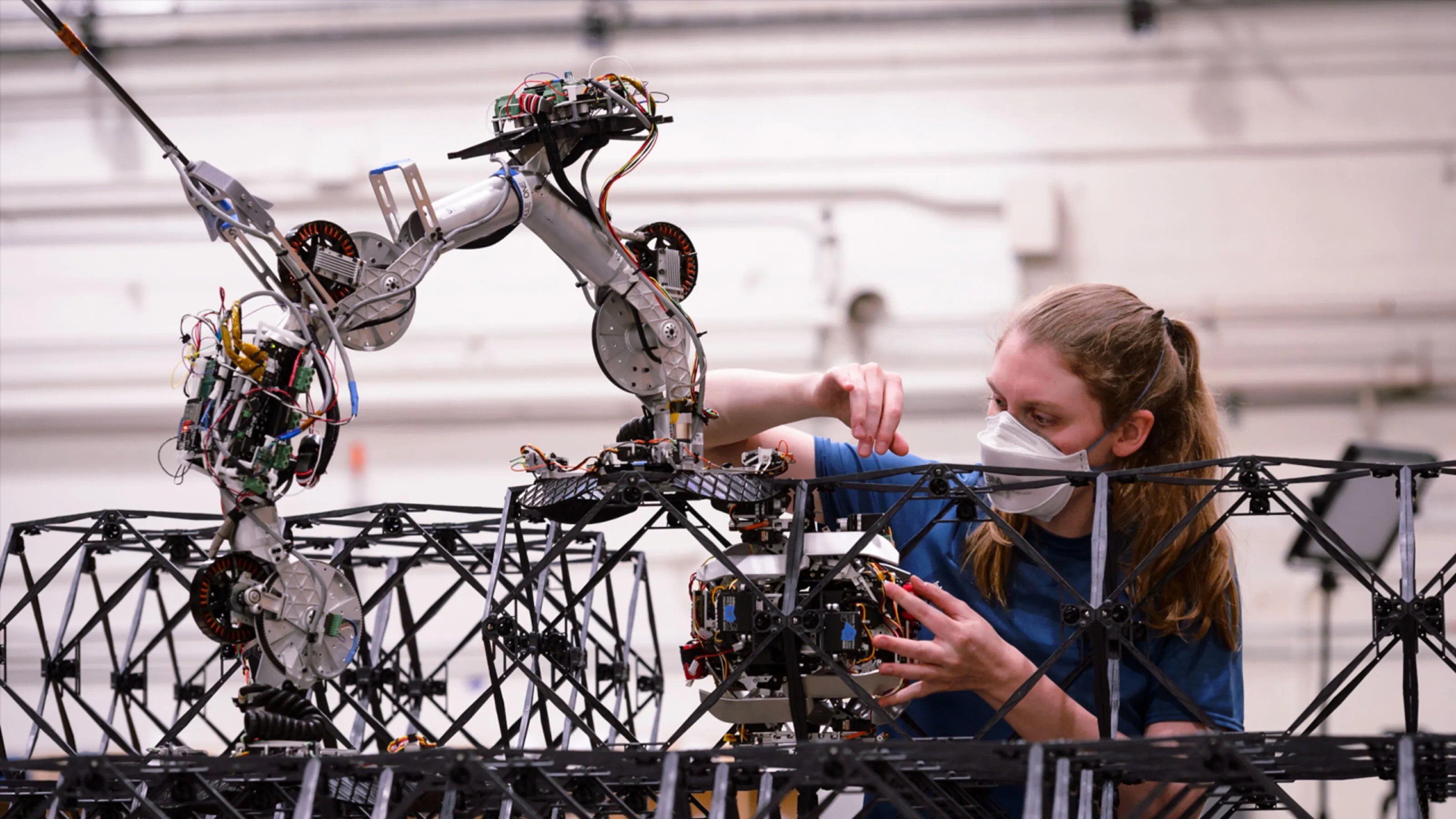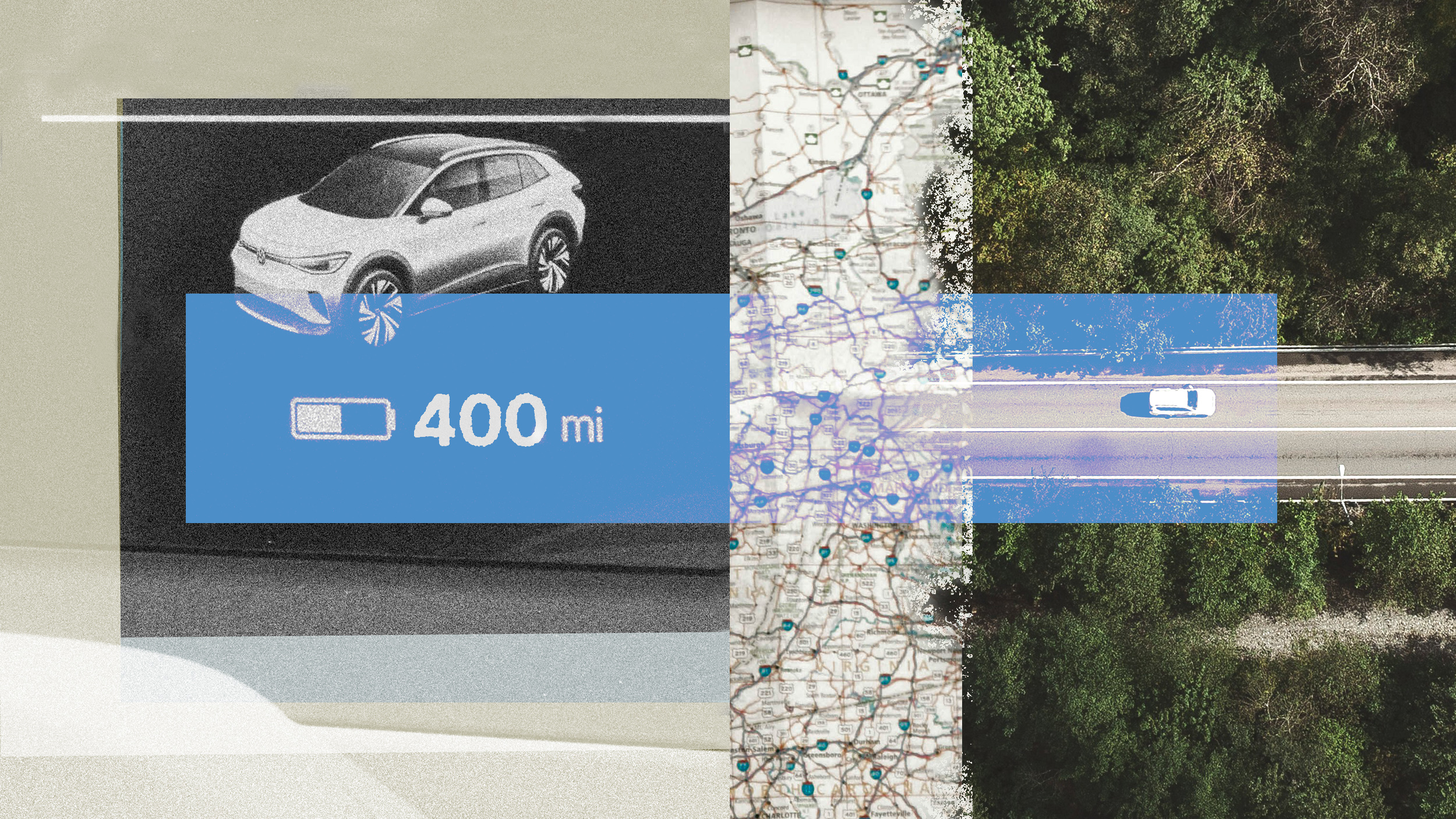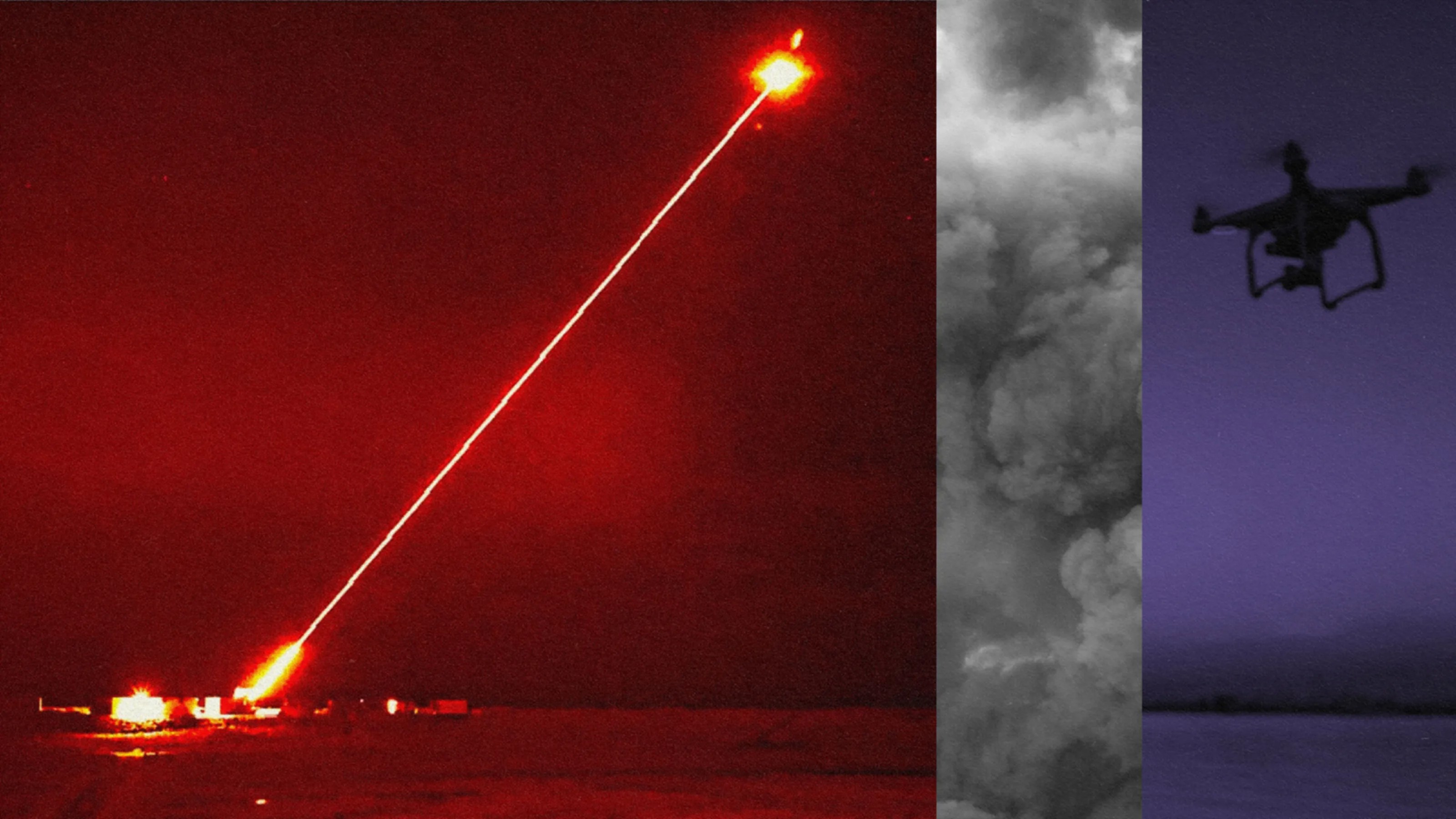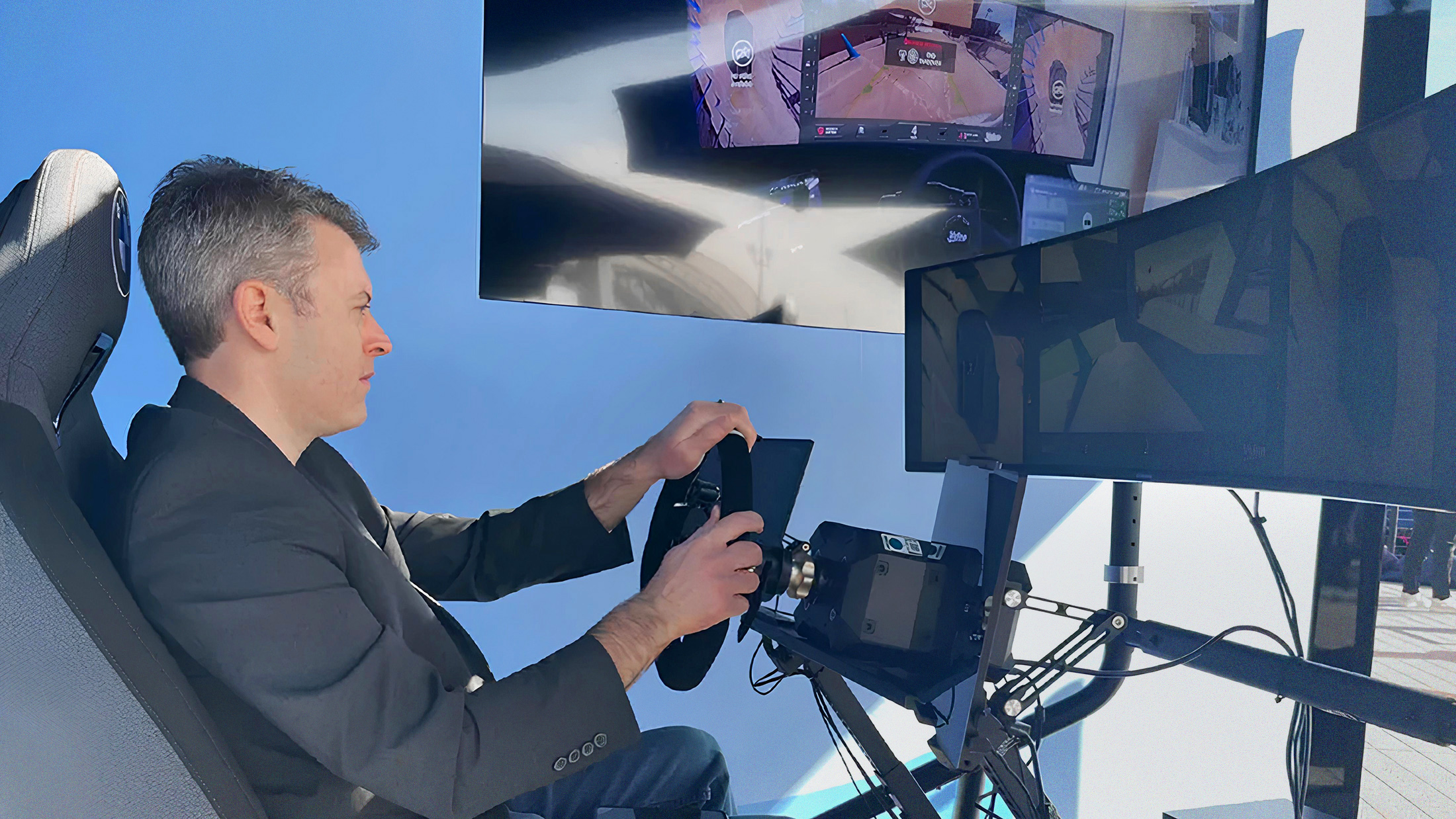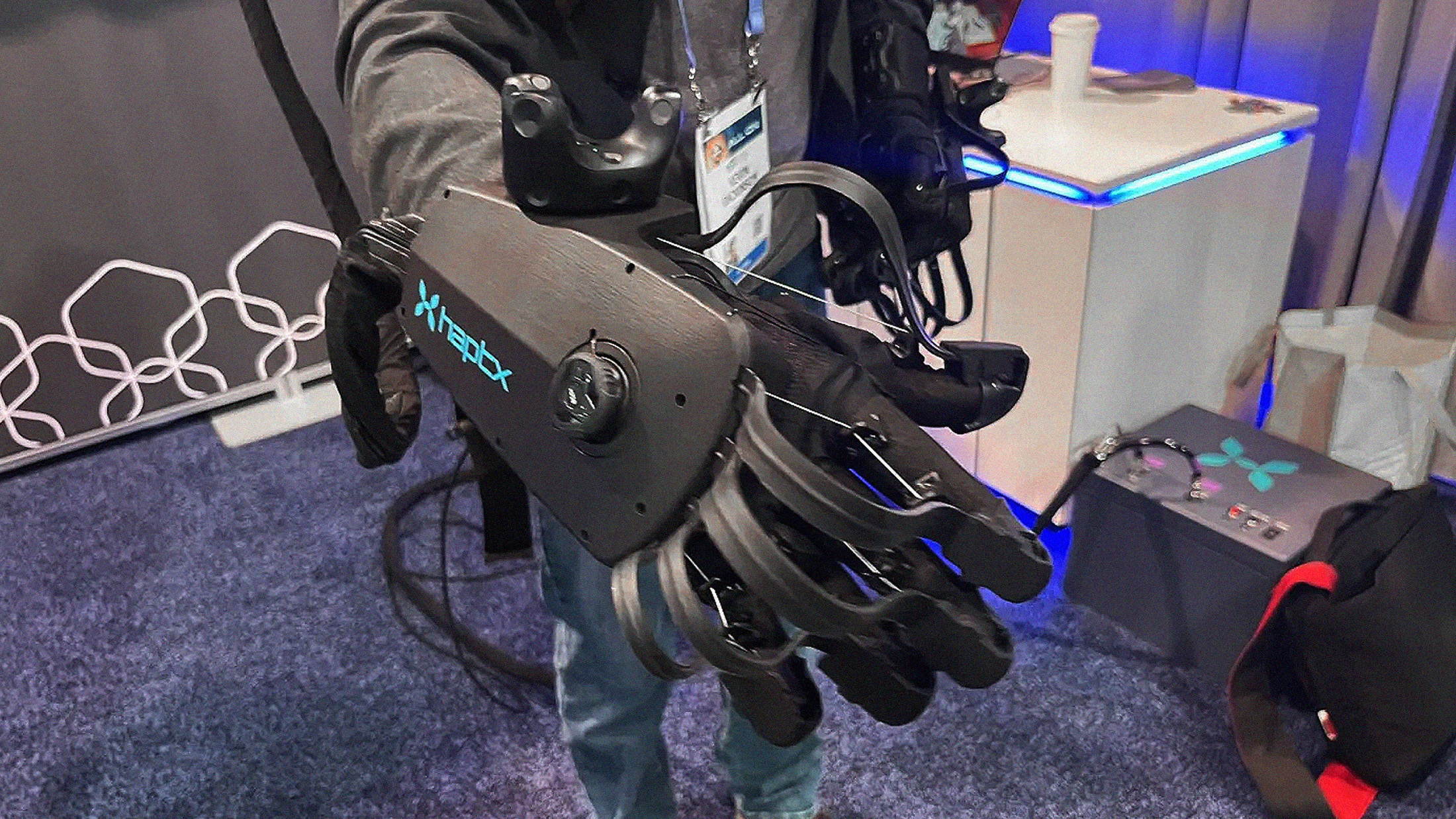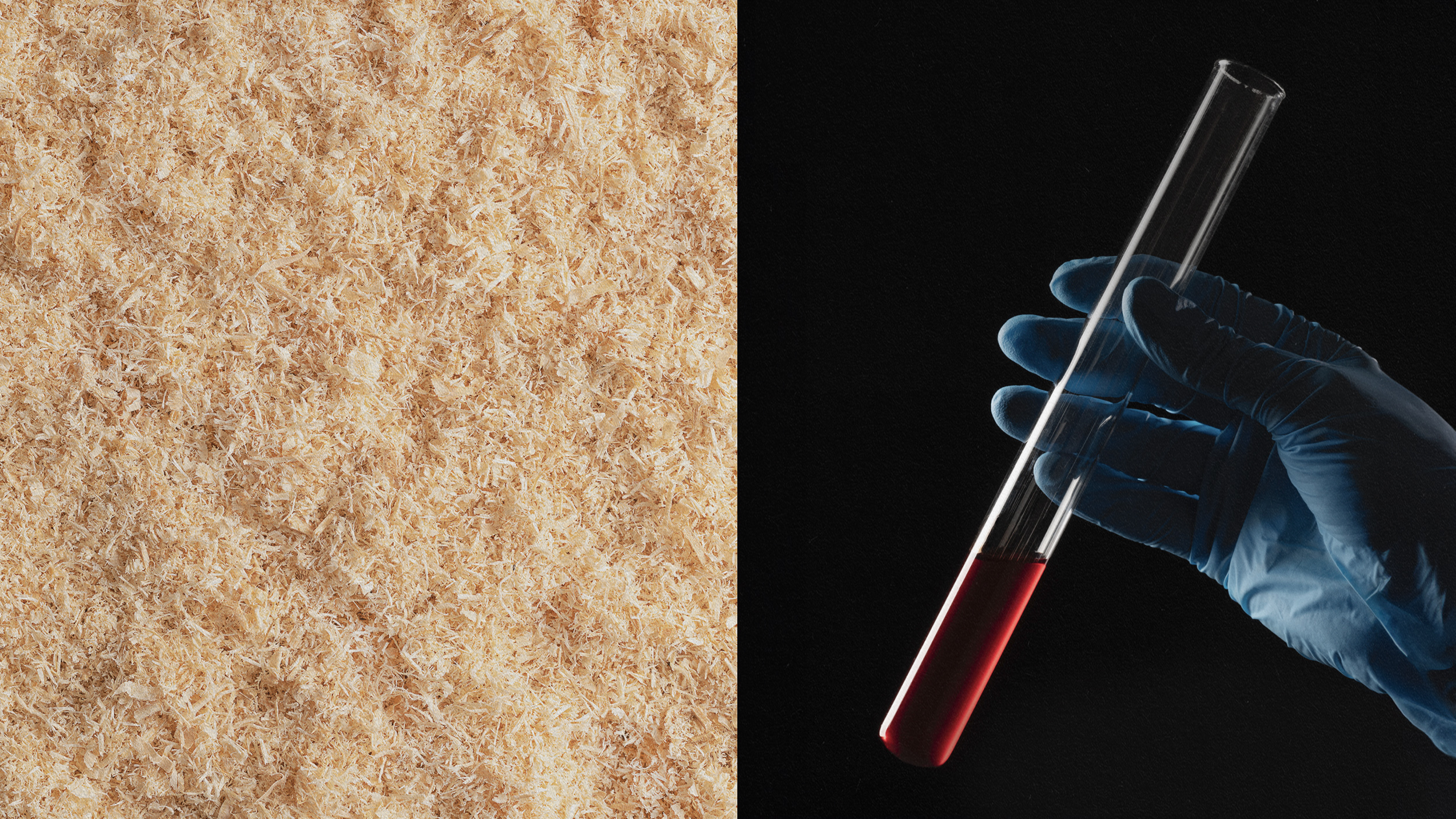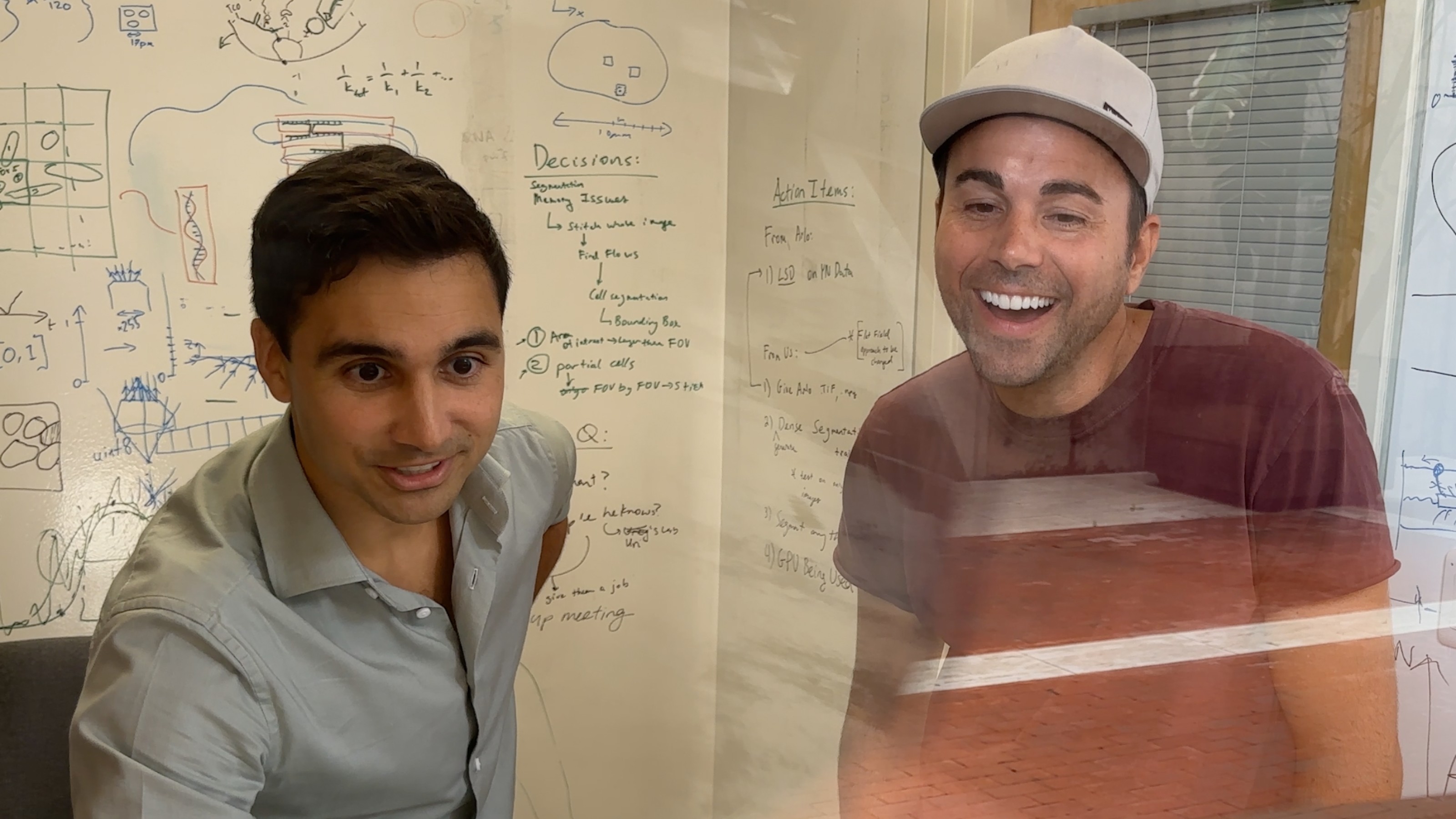Emerging Tech
The technology is not a replacement for human labor — it’s a way to complement existing human tasks.
Google’s “Genie” could be used to create a wide range of interactive environments for more than just games.
Ethan Mollick, associate professor at the Wharton School, explains why we have to crack the machine-buddy problem.
If you guessed “staying up all night to play video games,” you’d be right.
Perrikaryal uses an EEG to translate her brain activity into beating bosses in “Elden Ring” and beyond.
People who have a regional accent might prefer robots who speak like them over generic voices.
Tech designed to fuse atoms might be able to clean up space, too.
Former GitHub CEO Nat Friedman just invested $100 million into the company.
Its creators hope the technology will help people meaningfully connect with the external world.
NASA gave three robots plans for a moon shelter, and the robots figured out how to build it.
What Shark Tank pitches, Sundance films, and unusual sandwiches show us about our choices.
Meta and NYU’s robot can navigate and clean rooms it’s never seen before.
Do grim sci-fi scenarios crush our hopes for real-world growth? Author Michael Harris looks elsewhere to unblock the road to a better future.
Human civilization has always survived periods of change. Will our rapidly evolving technological era be an exception to the rule?
A $30,000 electric vehicle with 400 miles of range that charges in under 10 minutes remains a pipe dream over the near future.
The brain-computer interface will be tested in a six-year trial in patients with quadriplegia.
The futuristic weapon could be ready for the battlefield in 5 years.
Jotform CEO Aytekin Tank explains how he successfully embraced and deployed AI.
From AI to health and the metaverse, this year’s CES promised new tech that will change lives long after the excitement of the latest TV wears off.
A new analysis suggests previous “total cost of ownership” studies overlooked key factors.
BMW found it’s possible to remote-drive vehicles using available technology. All it takes is some software updates and a cellular network connection.
HaptX gloves provide high-fidelity touch feedback of virtual spaces (and they look cool, too).
Environmental progress is happening quickly but we must keep pushing for change.
Frontier, the ORNL supercomputer, used machine learning to perform 9.95 quintillion calculations per second.
AI can deliver a more equitable and prosperous future — if accompanied by ethical and responsible stewardship.
Kent Keirsey, CEO of Invoke AI — an open-source creative engine — outlines the pros and cons of open-source and closed-source AI tools.
ÄIO’s fermentation process creates healthy, sustainable oils and fats by upcycling low-value industry organics.
Big Think spoke with AI expert Nick Jennings about the future of regulating fast-evolving AI.
It’s not just fun: DNA origami has the potential to revolutionize engineering at the nanoscopic scale.






